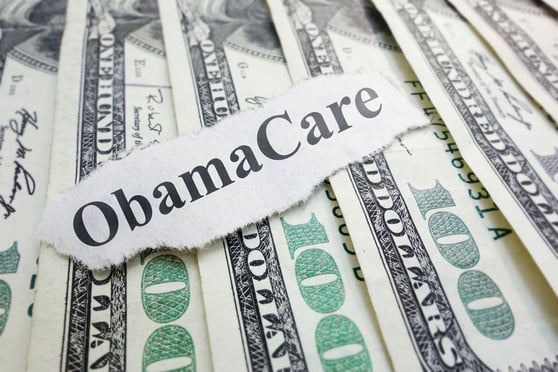
Healthcare.gov marketplace insurers denied 18% of all claims — nearly 1 out of every five — submitted for in-network services in 2020. But the reasons behind the high denial rates and the ultimate consequences for consumers are difficult to determine, according to a new analysis by the Kaiser Family Foundation (KFF).
The Affordable Care Act (ACA) requires insurers to report data about claims denials and appeals to encourage transparency about how insurance coverage works for enrollees. KFF's analysis examined data released by the Centers for Medicare and Medicaid Services on more than 230 million claims submitted to 144 insurers selling marketplace coverage in 2020, the most recent year for which data is available.
Complete your profile to continue reading and get FREE access to BenefitsPRO, part of your ALM digital membership.
Your access to unlimited BenefitsPRO content isn’t changing.
Once you are an ALM digital member, you’ll receive:
- Critical BenefitsPRO information including cutting edge post-reform success strategies, access to educational webcasts and videos, resources from industry leaders, and informative Newsletters.
- Exclusive discounts on ALM, BenefitsPRO magazine and BenefitsPRO.com events
- Access to other award-winning ALM websites including ThinkAdvisor.com and Law.com
Already have an account? Sign In
© 2024 ALM Global, LLC, All Rights Reserved. Request academic re-use from www.copyright.com. All other uses, submit a request to [email protected]. For more information visit Asset & Logo Licensing.








